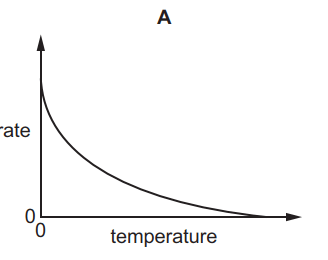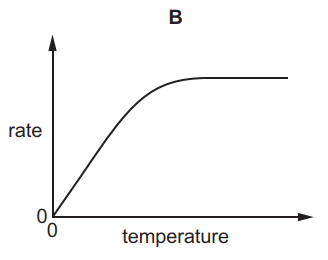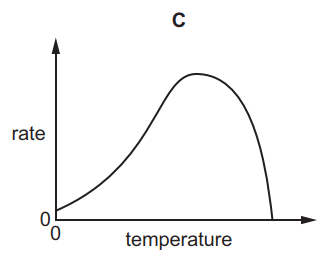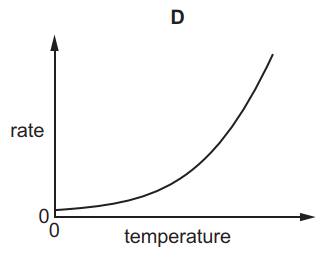
Rates of Reaction
Quiz
•
Chemistry
•
University
•
Practice Problem
•
Easy

Tristen Greenwood
Used 2+ times
FREE Resource
Enhance your content in a minute
15 questions
Show all answers
1.
MULTIPLE CHOICE QUESTION
1 min • 1 pt
Why does a higher temperature increase the rate of a reaction?
it increases both the frequency and energy of particle collisions
it only increases the frequency of particle collisions
it only increases the energy of particle collisions
it reduces the activation energy of the reaction
2.
MULTIPLE CHOICE QUESTION
1 min • 1 pt
Grinding a effervescent tablet into powder increases the rate of reaction due to increased
concentration
surface area
temperature
reactants
3.
MULTIPLE CHOICE QUESTION
1 min • 1 pt
Adding a catalyst ___________ the activation energy.
Raises
Lowers
Doesn't affect
Inreases
4.
MULTIPLE CHOICE QUESTION
1 min • 1 pt
The minimum amount of energy needed for colliding particles to react is called
Chemical Energy
Kinetic Energy
Activation Energy
Potential Energy
5.
MULTIPLE CHOICE QUESTION
1 min • 1 pt
Which graph shows the effect of increasing temperature on the rate of reaction of calcium carbonate with dilute hydrochloric acid?




6.
MULTIPLE CHOICE QUESTION
1 min • 1 pt
Why does a catalyst increase the rate of reaction?
7.
MULTIPLE CHOICE QUESTION
1 min • 1 pt
Why don't all collisions between particles cause a reaction?
Create a free account and access millions of resources
Create resources
Host any resource
Get auto-graded reports

Continue with Google

Continue with Email

Continue with Classlink

Continue with Clever
or continue with

Microsoft
%20(1).png)
Apple
Others
Already have an account?
Similar Resources on Wayground

20 questions
DIAGNOSTIC TEST
Quiz
•
University

18 questions
Quiz 1 Kimdas II
Quiz
•
University

11 questions
Electricity and Chemistry
Quiz
•
9th Grade - University

17 questions
8th grade science STAAR review 1
Quiz
•
KG - University

10 questions
Avogadro's number and molar volume
Quiz
•
University

10 questions
S - Block Elements (Alkali Metals)
Quiz
•
11th Grade - Professi...

12 questions
Acid base buffers, titrations and Ksp F23
Quiz
•
University

15 questions
Properties of matter and separation techniques
Quiz
•
11th Grade - University
Popular Resources on Wayground

5 questions
This is not a...winter edition (Drawing game)
Quiz
•
1st - 5th Grade

15 questions
4:3 Model Multiplication of Decimals by Whole Numbers
Quiz
•
5th Grade

25 questions
Multiplication Facts
Quiz
•
5th Grade

10 questions
The Best Christmas Pageant Ever Chapters 1 & 2
Quiz
•
4th Grade

12 questions
Unit 4 Review Day
Quiz
•
3rd Grade

10 questions
Identify Iconic Christmas Movie Scenes
Interactive video
•
6th - 10th Grade

20 questions
Christmas Trivia
Quiz
•
6th - 8th Grade

18 questions
Kids Christmas Trivia
Quiz
•
KG - 5th Grade

